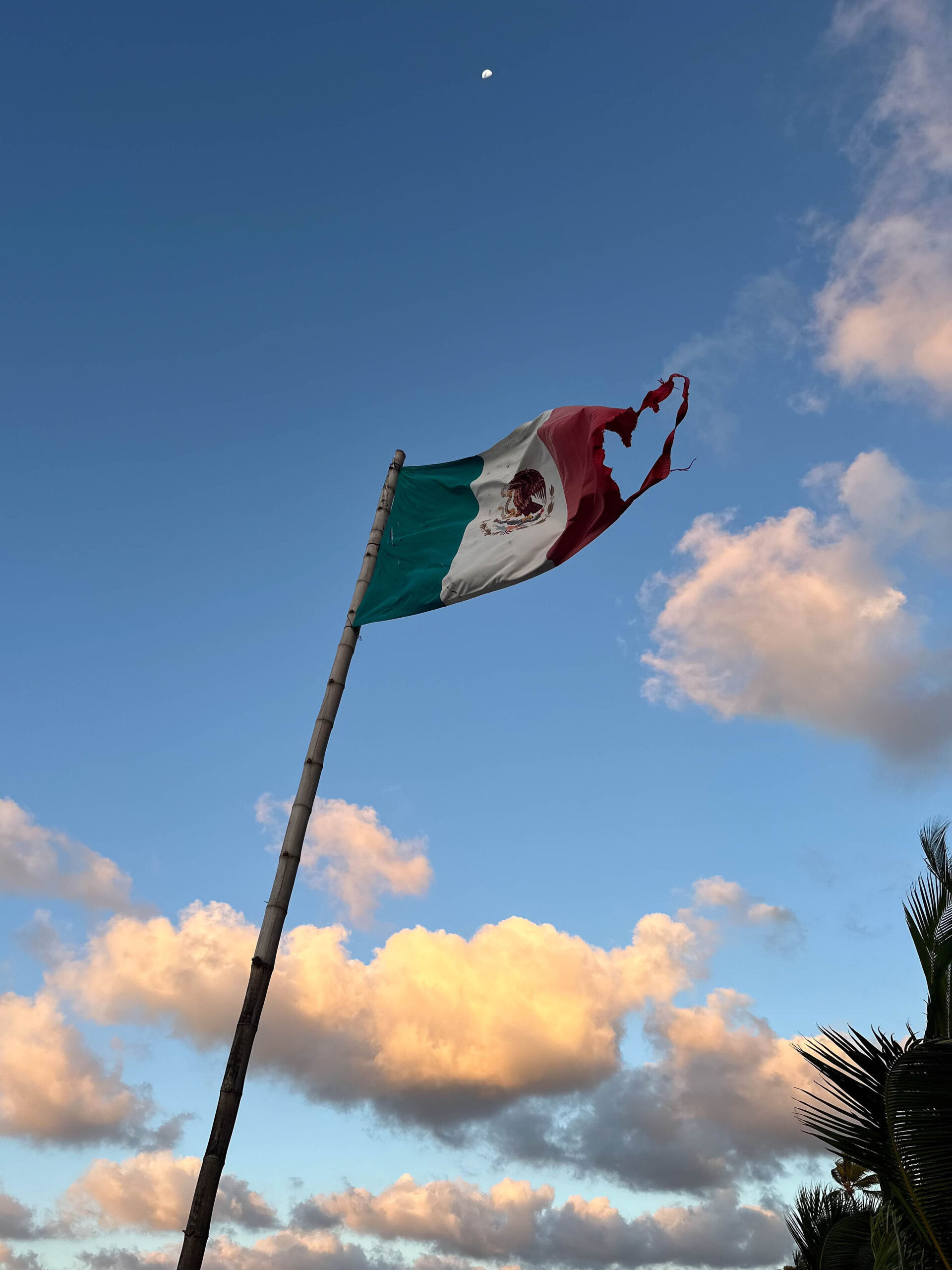Mexican Independence Day
There was a time when everything we learned about our history, our culture, our people, all of it
was passed down from one generation to the next. Storytelling and the preservation of oral
history was as important to societies as hunting and gathering, as only because of it could their
cultural history and their legacy be preserved.
The advent of the written word changed all of this, and the internet even more so – but once
upon a time ( no pun intended,) stories were all a culture had to remember their past and the
moments within it that shaped who they had become.
Travelers arriving on the shores of foreign lands would discover new cultures and around the
proverbial fire would eat and drink and learn about each other through this mostly lost art form.
Now, if there’s something that we want to know, search engines tell us what they think we need
to know. Condensed, homogenous, all too often not necessarily accurate, and often
underwhelming and lacking in the personal details that made the stories of old so rich and so
magical.
With Mexico’s Independence Day approaching we decided to sit down with our good friend
Samuel Grangel to talk to him about what Independence Day means to Mexicans. To revisit and
reclaim the wisdom and joy that can only arise from story’s told from the heart.
So in the late afternoon heat of a mid September day, looking out at the water and the
mountains that surround us he dove right in – a master storyteller with a powerful tale to tell.
For years the Spanish elite had been ruling over Nuevo España with an iron fist – keeping the
indigenous Mexican people in poverty by prohibiting them from using the resources around
them to better their life. The soil upon which they walked every day was extremely fertile and
both grapes and olives would flourish in it. Spain, however, relied heavily on the income they
received from the imports of both of these crops, and for this reason strictly prohibited their
cultivation.
Classism was rampant, with the minority ruling elite constantly persecuting the indigenous
majority, belittling them, shaming them. For to have your birthright, your livelihood, and your
freedom taken from you day after day, generation after generation – it kills the soul. Breaks the
once proud. But – only for so long.
In the city of Dolores a parish priest by the name of Miguel Hidalgo had had enough. On the
night of September 15, 1810, he started ringing the bell of his church and crying out to all who
would listen that it was time to fight back against the colonial oppression and to take what was
rightly theirs. That Mexicans need not be ashamed any more and that they deserved to be able
to use what was theirs to build their communities, support their families, and to raise their
children and their children’s children with honor.
Armed with machetes and pitchforks and shovels, the tools of the land upon which they toiled,
the Mexicans rose up by the hundreds, then the thousands, then the tens of thousands, and
thus began the war of independence.
Samuel is always a lively and passionate character, it’s one of the many reasons we love him.
But when he starts talking about what the War of Independence did for what are now the
Mexican people, there is a light and a fire burning within him that we have not seen before.
It changed everything, he explains to us. Mexicans realized for the very first time in history that if
they came together to fight that they could overcome oppression. They went from being meek to
being a fiercely proud people. They realized that with what they had around them, they could
build the communities they dreamed of building, that they could care for their families in the way
that their families deserved to be cared for, that they could create and dream and prosper.
I wish that there was a way to convey the pride emanating from him that I could feel listening to
him speak. Words simply don’t do it justice. We live in Mexico and see on a day-to-day basis
what a beautiful and wonderful people Mexicans are. They loathe oppression and don’t tolerate
any sort of persecution. It’s one of the reasons that historically Mexico has welcomed pretty
much anybody with open arms. Without judgment. It’s one of the reasons that the cultural
tapestry of Mexico is as rich and as strong as it is today.
And now, having been blessed to receive Samuel‘s storytelling about the importance of
Independence Day to the Mexican people, I understand why. So when the bells start ringing and
the crowds gather to chant “ Viva México! “ and millions of voices across this beautiful nation
rise up in one passionate chorus – I will be hearing a lot more than just long live Mexico. I will be
hearing the sound of a message being broadcast to every oppressed person every where in the
world – a message of encouragement, of hope. That group by group, race by race, culture by
culture, if we come together and unite that in this unity a strength will emerge so powerful that
there is no change it cannot bring about.




Leave a Reply